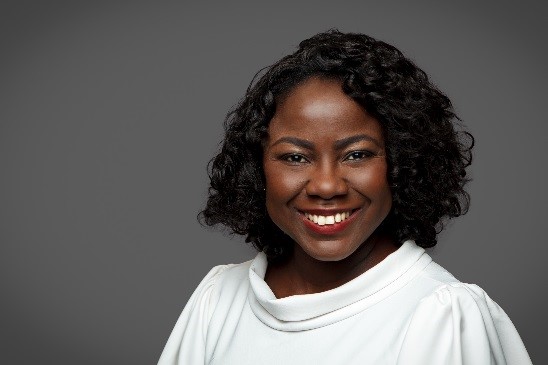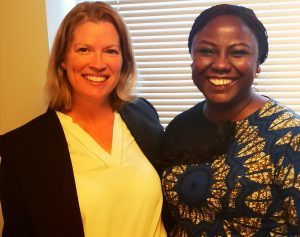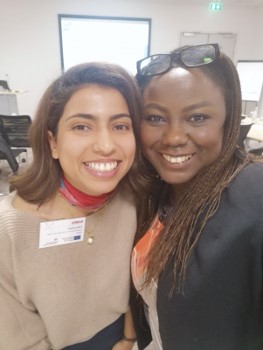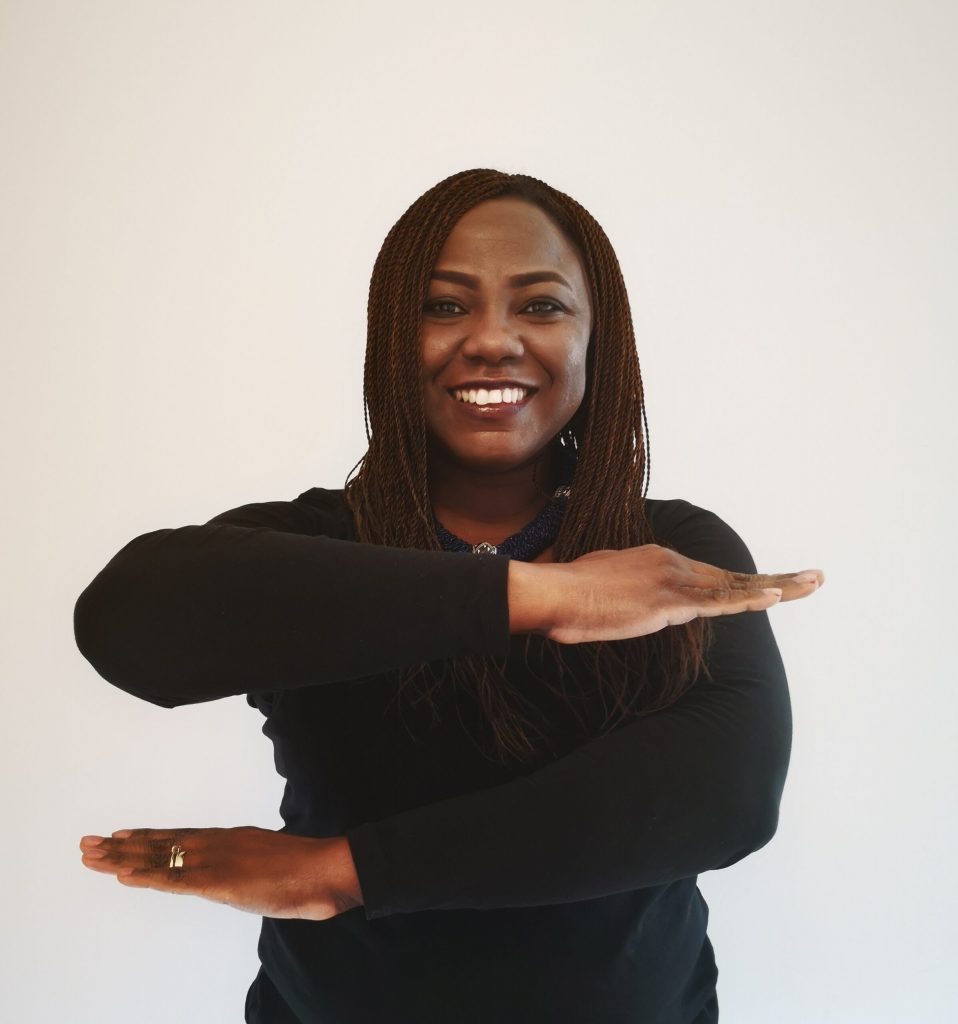Business is booming on the continent – so how should UK companies make the most of these markets? Here Bolaji Sofoluwe explains the difference between foreign trade and foreign investment.
Globalisation has changed the face of markets around the world as well as the way we do business at home and abroad.
The biggest shift has been how we buy and sell products and services and this has chiefly involved us either trading with – or investing in – our foreign neighbours.
Some business owners find it is easy to work out whether trade or investment will work best in terms of expanding their network. But others confuse the two.
In simple terms, foreign trade implies the trade of goods, services and capital between two countries of the world.
Foreign investment however, refers to an investment made in a company from a source outside the country and this can be in the form of capital, technology and other resources.
In the last year UK Africa Trade last year was worth £36bn and investment was £2.4bn – demonstrating just how lucrative the opportunities are on the continent. So how do you pick between the two?
Gap in the market
Most of my work involves foreign trade – chiefly exporting and importing.
This involves offering a product or service to a country where there is a need, a gap in the market or room for competition.
It benefits businesses looking to expand into new markets and it also benefits countries looking to fulfil resource requirements. This might include meeting a requirement of natural or man-made resources for example, where one country may engage in trade with another country which possesses these resources in abundance.
Foreign trade also helps connect the markets of different countries of the world and creates a good opportunity for domestic producers to capture global markets and increase their overall reach.
In some cases, trade and investment go hand-in-hand of course and we or our partners can advise accordingly on both.
We have worked with clients who have combined the two to organise the supply of inputs, to expand in new markets, to access knowledge and to provide services to consumers.
We have also adapted our approach to the specific requirements of different sectors.
Some industries, such as food and banking for example, look to become engaged in foreign direct investment (FDI) activities – an investment made by a firm or individual in one country into business interests located in another country – while others, such as automobiles – rely more heavily on trading goods and services.
Others deploy both trade and FDI with equal intensity – such as clothing and footwear.
There has also been an interest in clients exploring strategic partnerships such as licensing, contract manufacturing, services outsourcing, joint-ventures and strategic alliances.
Whatever the needs of a business looking to trade, invest or partner with another country, we can advise accordingly.
But understanding the differences between the three is the first crucial step to making the right decisions when it comes to cross-border business relationships.
For more information, give us a call today on 01206 563698.





